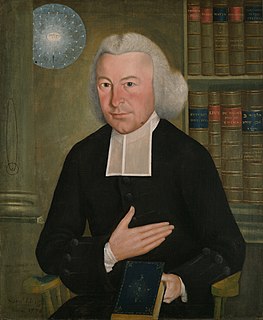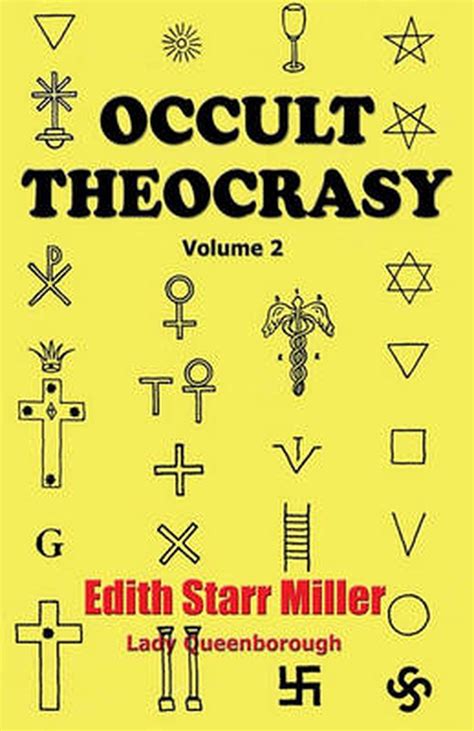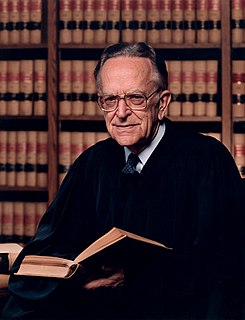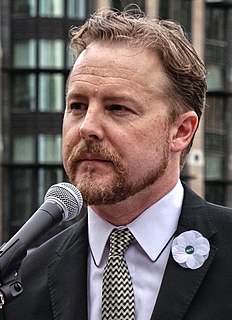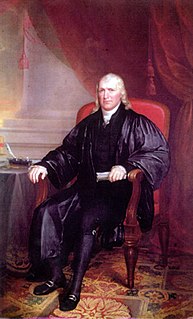A Quote by George Mason
All men have an equal, natural and unalienable right to the free exercise of religion, according to the dictates of conscience; and that no particular sect or society of Christians ought to be favored or established by law in preference to others.
Related Quotes
Because finally, 'the equal right of every citizen to the free exercise of his religion according to the dictates of conscience' is held by the same tenure with all his other rights. If we recur to its origin, it is equally the gift of nature; if we weigh its importance, it cannot be less dear to us; if we consider the 'Declaration of those rights which pertain to the good people of Virginia, as the basis and foundation of government,' it is enumerated with equal solemnity, or rather studied emphasis.
That religion, or the duty which we owe to our Creator, and the manner of discharging it, can be directed only by reason and conviction, not by force or violence; and therefore all men are equally entitled to the free exercise of religion, according to the dictates of the conscience; and it is the mutual duty of all to practice Christian forbearance, love, and charity towards each other.
Religion, or the duty we owe to our Creator, and manner of discharging it, can be directed only by reason and conviction, not by force or violence; and, therefore, that all men should enjoy the fullest toleration in the exercise of religion according to the dictates of conscience, unpunished and unrestrained by the magistrate, unless under color of religion any man disturb the peace, the happiness, or safety of society, and that it is the mutual duty of all to practice Christian forbearance, love and charity toward each other.
Every man, and every body of men on earth, possesses the right of self-government. They receive it with their being from the hand of nature. Individuals exercise it by their single will; collections of men by that of their majority; for the law of the majority is the natural law of every society of men.
Conscience is the most sacred of all property; other property depending in part on positive law, the exercise of that being a natural and unalienable right. To guard a man's house as his castle, to pay public and enforce private debts with the most exact faith, can give no title to invade a man's conscience, which is more sacred than his castle, or to withhold from it that debt of protection for which the public faith is pledged by the very nature and original conditions of the social pact.
The mixing of government and religion can be a threat to free government, even if no one is forced to participate.... When the government puts its imprimatur on a particular religion, it conveys a message of exclusion to all those who do not adhere to the favored beliefs. A government cannot be premised on the belief that all persons are created equal when it asserts that God prefers some.
I believe in absolute freedom of conscience for all men and equality of all churches, all sects and all beliefs before the law as a matter of right and not as a matter of favor. I believe in the absolute separation of church and state and in the strict enforcement of the Constitution that Congress shall make no law respecting an establishment of religion or prohibiting the free exercise thereof I believe that no tribunal of any church has any power to make any decree of any force in the law of the land, other than to establish the status of its own communicants within its own church.
First there is the democratic idea: that all men are endowed by their creator with certain natural rights; that these rights are alienable only by the possessor thereof; that they are equal in men; that government is to organize these natural, unalienable and equal rights into institutions designed for the good of the governed, and therefore government is to be of all the people, by all the people, and for all the people. Here government is development, not exploitation.
[I]t is impossible for those, who believe in the truth of Christianity, as a divine revelation, to doubt, that it is the especial duty of government to foster, and encourage it among all the citizens and subjects. This is a point wholly distinct from that of the right of private judgment in matters of religion, and of the freedom of public worship according to the dictates of one's conscience.



